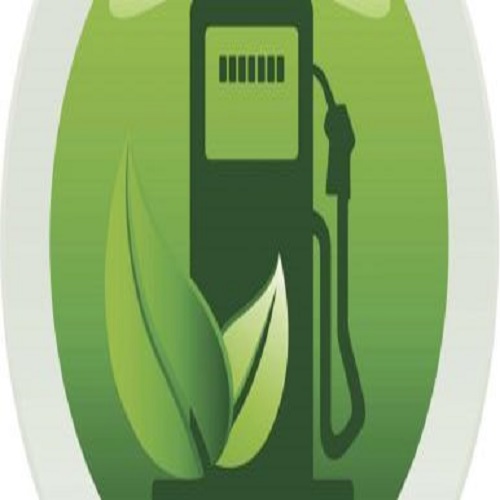Petroleum Minister Hardeep Singh Puri informed Parliament on Monday that there are currently no plans to mandate the blending of ethanol with diesel.
“The blending of ethanol with diesel is still in the experimental phase. I can state categorically that there is no plan at this time to make it mandatory,” the Minister said in the Rajya Sabha during the Question Hour.
In response to a query about the government’s plans for ethanol-diesel blending and the proposed percentage, the Minister explained that oil marketing companies have conducted tests with up to 7% ethanol in diesel in collaboration with the Automotive Research Association of India and select automotive manufacturers.
“The initial tests indicate that blending 5% ethanol would reduce the flashpoint by 15 degrees Celsius. We also need to ensure material compatibility, as well as fuel stability and oxidation stability,” he added.
The Minister also noted that blending diesel with ethanol could lead to the formation of deposits in fuel tanks, which may have various other implications.
The flashpoint of a fuel is defined as the temperature at which it can ignite when exposed to a flame after heating the liquid under controlled conditions.
During the Question Hour, Minister Puri also discussed the ethanol-petrol blending mandate, stating, “We have successfully reached up to 20% blending in petrol.” Ethanol blending commenced in 2014, starting with a 1.4% blend in petrol.
“Currently, we’ve achieved a 15% blend, with a total of 400 crore liters of ethanol blended. We aim to increase this to 1,000 crore liters by the end of the ethanol blending year 2025.”
India has already introduced 20% blended fuel in a phased manner since April 2023, with broader availability expected soon.
The government aims for 20% ethanol-blended petrol by 2024-25 and 30% by 2029-30, advancing the target for E20 fuel from 2030 to 2025.
The introduction of E20 blending in petrol is intended to reduce the country’s oil import costs, enhance energy security, lower carbon emissions, and improve air quality.
To read more about Biodiesel Industry News, continue reading BioEnergyTimes.com














